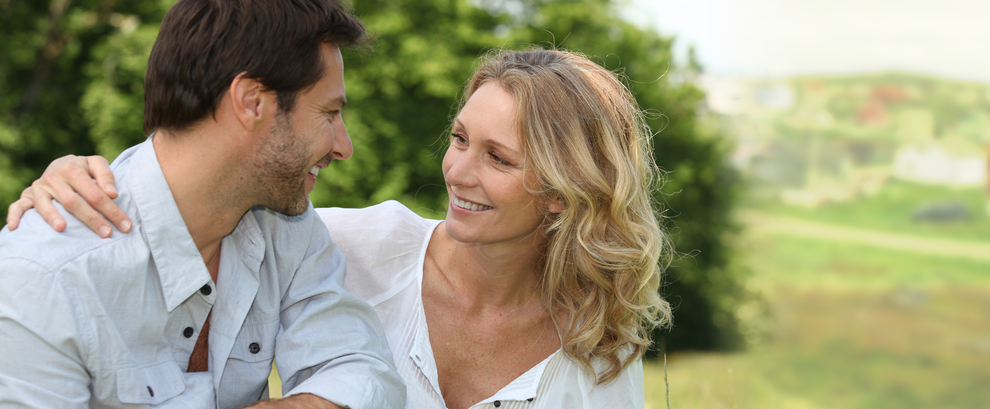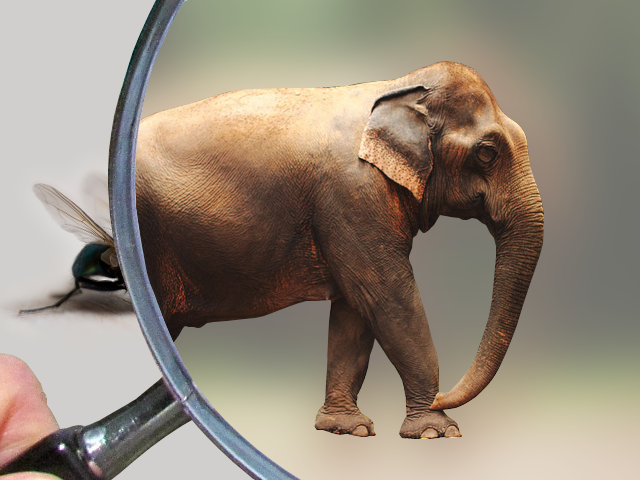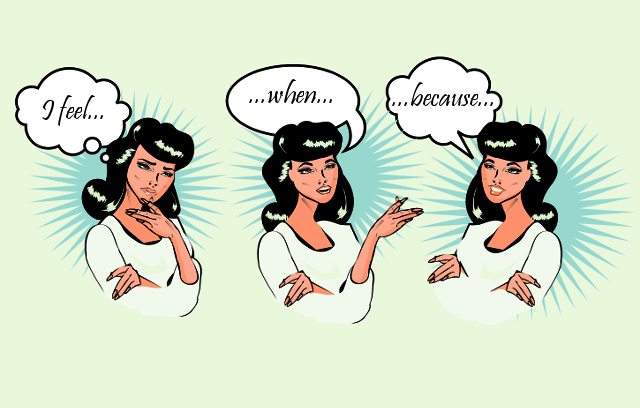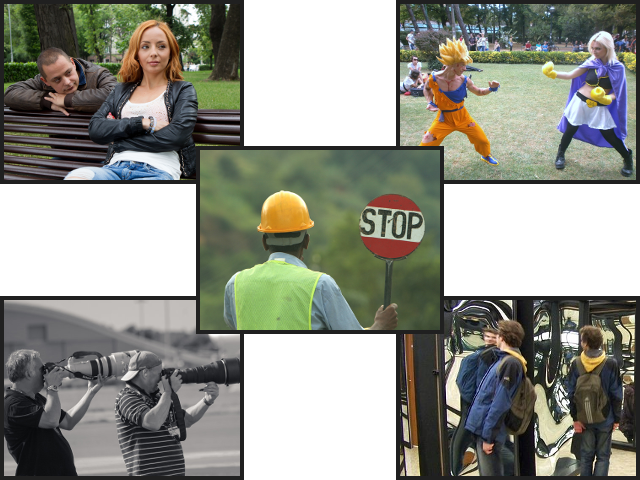
Beth and Roger’s Games
The story of Beth and Roger may look superficial or like nothing is really happening and affecting their relationship, but if the situation is analysed and looked at more closely, a lot of underwater details appear and give some clues to something happening at a subconscious level not evident when looking at it consciously.
The problem occurs when one of their children doesn’t want to attend the other child’s birthday party. Beth gets upset and expects Roger to take care of her feelings and to console her, but he is unable to do it.
Questions immediately appear and some of them are: what is so distressing about this situation and why so and even more so what roles are both playing and why?
The truth is, as bystanders to the situation it seems that Beth and R...
Read More










 In all relationships there is only one kind of response to your partner that is acceptable. If the couple are well tuned to themselves and each other this could be happening from the beginning though for many this is a growth thing and doesn’t develop until much later as you come to know each other more.
In all relationships there is only one kind of response to your partner that is acceptable. If the couple are well tuned to themselves and each other this could be happening from the beginning though for many this is a growth thing and doesn’t develop until much later as you come to know each other more.



 The Story of Lyn and James
The Story of Lyn and James